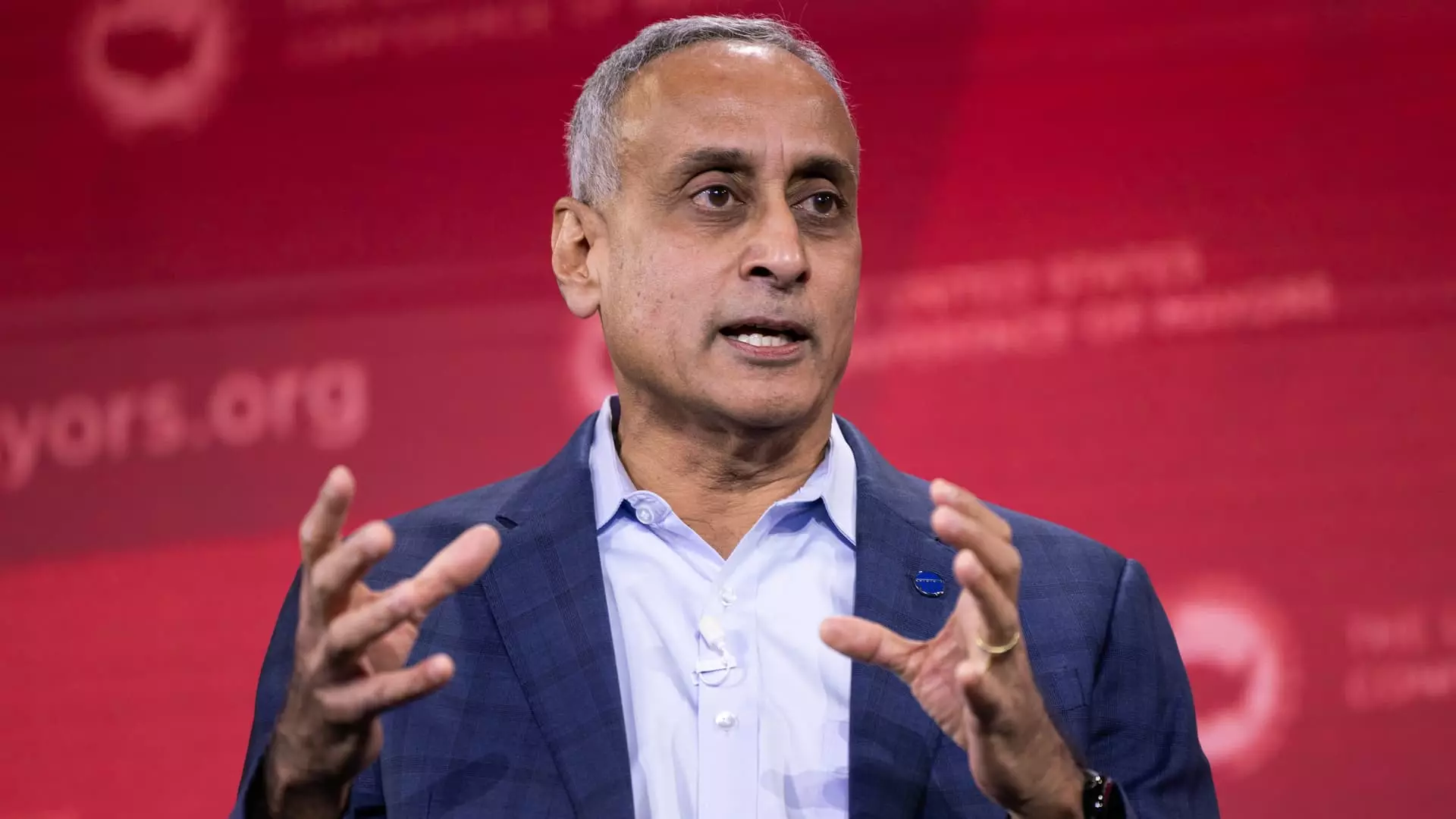In a significant organizational shake-up, Google has announced the appointment of Nick Fox as the new head of the search and ads division, succeeding Prabhakar Raghavan. This transition signals not only a change in leadership but also reflects the company’s evolving strategy in the face of mounting competition in the artificial intelligence (AI) landscape. Alphabet’s CEO, Sundar Pichai, shared this development through a blog post that emphasized Raghavan’s new role as chief technologist, a position that allows him to lend his vast expertise while simultaneously making room for fresh leadership.
Raghavan has been an influential figure at Google for over a decade, having led various teams and playing a pivotal role in shaping the search landscape. His decision to step into a more technical leadership role comes amid remarks about an industry that has changed dramatically in recent years. The tech giant is grappling with not only fierce competition from other tech innovators but also ongoing antitrust legal challenges. The decision to retain Raghavan in a strategic role shows a commitment to leveraging his insights while navigating the complexities of Google’s operational environment.
A veteran of Google since 2003, Nick Fox carries substantial experience that will be crucial in his new position. His previous role as vice president of product and design for Google’s Assistant has provided him with the knowledge necessary to oversee a division that encompasses search, advertising, and commerce. Pichai’s comments underline Fox’s role in advancing Google’s AI product ambitions, noting his collaborative efforts with Raghavan that have helped to shape the company’s strategic direction. This continuity could be beneficial in ensuring a smooth transition.
This leadership change coincides with Google’s broader reorganization aimed at accelerating its AI initiatives. As competitors ramp up their AI capabilities, Google is restructuring teams to improve responsiveness and integration between product divisions. Notably, the team behind the Gemini application—a key player in Google’s consumer-facing AI products—will now fall under Google DeepMind, promoting better synergy and faster model development.
The implications of these changes are far-reaching. Raghavan’s insights coupled with Fox’s experience could bolster Google’s efforts to remain at the forefront of search and advertising technologies. Moreover, the company is reorienting its focus to adapt to an increasingly competitive marketplace that demands agility and formative leadership. By consolidating its AI-related projects and encouraging collaboration across departments, Google is aligning itself to meet the demands of the current tech landscape more effectively.
This strategic shift in leadership at Google symbolizes a company not content to rest on its laurels but rather one that actively seeks to innovate and adapt in a rapidly changing environment. As these leaders step into their new roles, the tech world watches closely to see how these adjustments will influence Google’s trajectory in AI and beyond.

